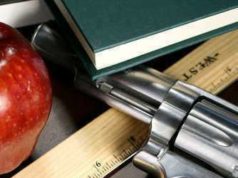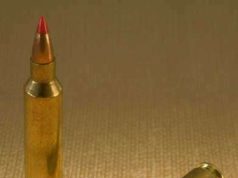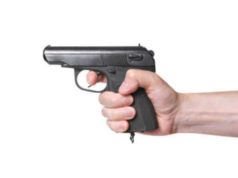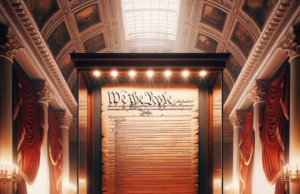
First introduced in the late 1800s, automatic firearms are those that, automatically reload and fire as long as their triggers are pressed down. By comparison, other forms of firearms require multiple trigger pulls to discharge consecutive rounds.
Before getting into the specific laws, one must understand how automatic weapons are defined by Federal and state governments. Various laws have labeled all automatic weapons as “machine guns” and have classified them as-any weapon that is capable of firing fully automatic rounds regardless of weight, ammunition, caliber, or size.
The term “machine gun” is easily confused, because the military definition states that-a machine gun is a heavy weapon which is operated on a support system and fires automatically. Since high-powered weapons like the Gatling gun are not common in everyday society, the governing bodies decided that a broad term such as “machine guns” could encompass all automatic weapons.
Fully-automatic weapons were first available to purchase in the early 1910s. Crime caused by automatics was never an issue until the prohibition of liquor was passed in 1919. During this time-frame (1919 to where prohibition was repealed in 1933) organized crime was mounting and the use of sub-machine guns (specifically the Tommy gun) was commonplace.
Following the lead of several states who restricted the sale of machine guns, newly appointed President Franklin D. Roosevelt made it a point to place federal restrictions on automatic weapons. FDR campaigned vigorously to regulate the automatics market, famously saying in 1934- “Federal men are constantly facing machine-gun fire in the pursuit of gangsters.”
The result of FDR’s impassioned effort was the creation of the National Firearms Act of 1934. This groundbreaking legislation (which is still active) forces a citizen to go through a comprehensive process before obtaining an automatic weapon. Possession of automatics entail:a minimum $200 tax paid to the IRS, and an approval from the United States Treasury Department.
Unlike an application for a handgun permit, the federal license needed to purchase an automatic weapon involves, stringent background checks, a sworn affidavit detailing “justifiable cause”, and a detailed mental test that shows no signs of threats to society.
After the initial legislation was passed to restrict automatics, a series of provisions on both the state and Federal level soon followed.
Important laws pertaining to automatic weapons
The Fireman Owners’ Protection Act-banned civilian transfer and possession of machine guns not in circulation before May 19, 1986. Through ATF regulation, manufacturers of machine guns may only sell to federal agencies or qualified license holders.
The following individuals will not be able to acquire or possess automatics
1. anyone convicted of a felony
2. fugitives
3. illegal aliens
4. anyone using or addicted to controlled substances
5. anyone subject to a domestic violence restraining order
6. dishonorably charged veterans
7. anyone committed to a mental institution
8. people who have renounced their U. S. citizenship
9. anyone who has been convicted of misdemeanor crime of domestic violence
10. anyone under the age of 21 years old
State Laws pertaining to automatics
As oppose to handguns, State laws governing automatic weapons are universal. State law defines an automatic weapon as any firearm that can fire more than one projectile by a single depression of a trigger without manual reloading. State law requires an individual to register his automatic weapon with the local Department of Safety within 24 of hours of obtainment. State law forces all manufacturers of machine guns ro maintain a registry which documents all production and sales numbers.
Records must include: model and serial number; date of manufacture, name, address, and occupation of the purchaser and reason for which it was purchased. All of this information, as well as the manufacturer’s stock of automatics must be made readily available for law enforcement inspection.
The presence of an automatic weapon in a public environment is considered illegal. Using or possessing automatics in an offensive or aggressive manner is punishable by a maximum sentence of 10 years in prison.















